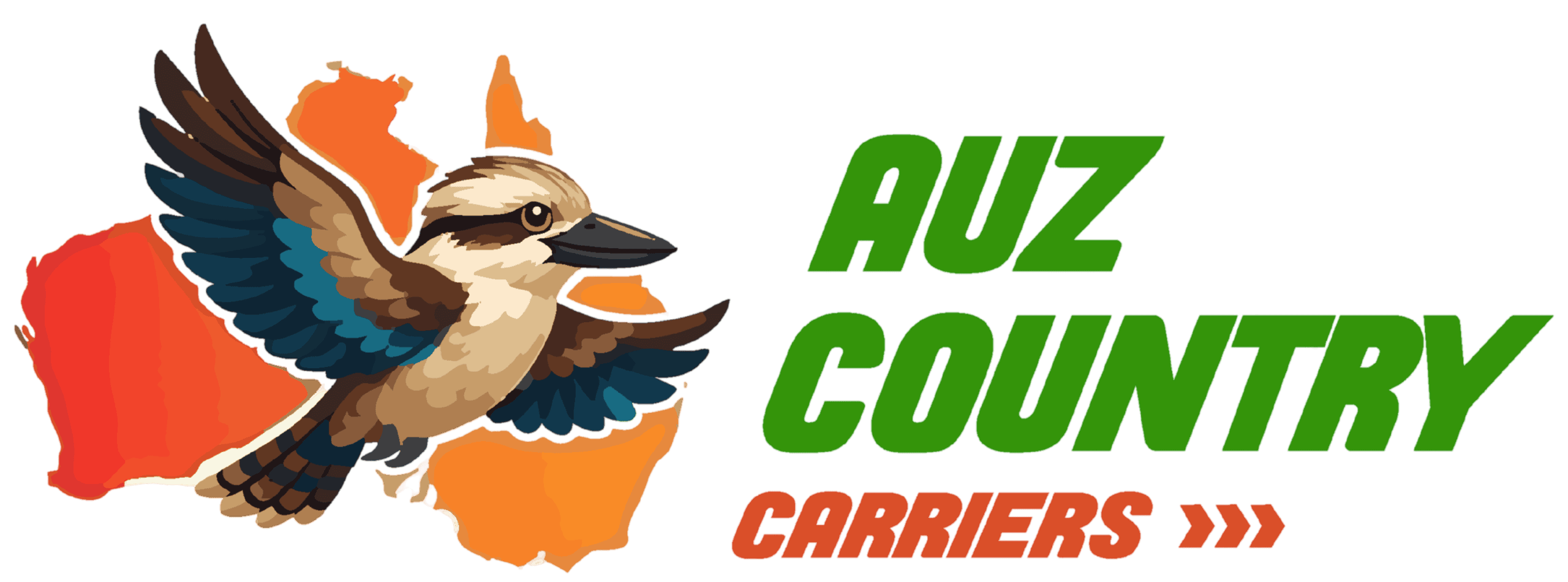Choosing a reliable logistics partner can significantly impact your business’s efficiency and success. By focusing on these key criteria, you’ll be better equipped to find a partner who not only meets your current needs but also supports your future growth. Remember, a well-chosen logistics provider isn’t just a vendor; they become a vital extension of your business, driving seamless supply chain operations and fostering long-term strategic advantages.

Melbourne Logistics Provider Top 16 Questions
Choosing the right logistics partner can truly transform your business, especially in a busy city like Melbourne. Whether you’re shipping products locally or globally, the right partner can make your operations smoother, save you money, and boost customer satisfaction. But how do you find the best fit? You ask the right questions. By asking potential… View Article
Choosing the right logistics partner can truly transform your business, especially in a busy city like Melbourne. Whether you’re shipping products locally or globally, the right partner can make your operations smoother, save you money, and boost customer satisfaction. But how do you find the best fit? You ask the right questions.
By asking potential logistics partners the right questions, you can learn about their abilities, dependability, and service quality. Here are some essential questions to consider:
Quality questions create a quality life. Successful people ask better questions, and as a result, they get better answers.

When considering potential logistics partners in Melbourne, it’s crucial to evaluate several factors to ensure they meet your unique needs. Asking the right questions can help you identify the best fit for your business. Here are the top 16 important questions to ask during the selection process.
-
1What is your experience in our company’s industry?
It’s important to know if a logistics partner has experience in your industry. This shows they understand the common challenges and needs specific to your sector. Ask about their past and current clients in your industry to see their level of experience and success.
-
2How do you handle scalability and flexibility?
Your logistics needs might change as your business grows or faces seasonal shifts. Asking about the provider’s ability to scale operations up or down can save you from future problems. Make sure they can handle both regular operations and unexpected spikes in demand.
-
3What technology solutions do you offer?
Modern logistics relies heavily on advanced tech for tracking, managing inventory, and streamlining processes. Ask your potential partner about the tech tools they use and how these can integrate with your current systems. This helps keep operations smooth and provides better supply chain visibility.
-
4How reliable is your service?
Reliability is key in logistics. Discuss their track record for on-time deliveries, error rates, and how they manage disruptions or delays. Make sure they also have a strong backup plan to protect your business from unforeseen issues.
-
5Can you provide references or case studies?
One of the best ways to judge a logistics partner’s abilities is through testimonials and case studies from their past clients. Ask for references and specific examples of how they’ve tackled logistics challenges similar to yours. This can show their problem-solving skills and customer service levels.
-
6What is your approach to customer service and communication?
Clear communication is vital for a successful partnership. Ask about their customer service policies, the availability of their support teams, and how they handle updates and emergencies. Consistent communication can ensure smoother operations and quick resolution of issues.
-
7What is your pricing model?
Understanding the pricing model can help you budget effectively and avoid unexpected costs. Ask potential partners about their fee structure, any additional charges, and how they calculate their rates. This will help you compare different providers more accurately.
-
8Do you offer customisable solutions?
Many businesses have unique logistics needs. Check if the logistics partner can offer customisable solutions tailored to your specific requirements. Flexibility in service offerings can significantly enhance the efficiency of your supply chain.
-
9How do you ensure regulatory compliance?
Logistics involves various regulations, especially when dealing with international shipments. Ask about their knowledge and processes for staying compliant with all relevant laws and regulations to avoid any legal issues.
-
10What is your geographical reach?
Knowing the geographical areas your potential logistics partner covers is crucial. Make sure they provide services in all the regions you operate or plan to expand into. This can help ensure smoother operations across different locations.
-
11How do you handle international shipments?
If your business involves international trade, understanding your logistics partner’s capabilities in handling international shipments is key. Inquire about their experience with customs, documentation, and their network of global partners.
-
12What safety measures do you have in place?
Safety is paramount in logistics to protect your staff and goods. Ask about the protocols they have in place to ensure the safety of the products during transportation, handling, and storage. Large trucks and forklifts are often used in the process of logistics and ensuring your logistics provider has strong practices and procedures in place shows they have strong industry knowledge.
-
13How do you manage inventory?
Efficient inventory management is critical for a smooth supply chain. Learn about their inventory management system, practices, and how they keep track of stock levels to make sure you always have what you need.
-
14Can you handle my peak season demands?
Your logistics partner should be capable of meeting increased demands during peak seasons. Ask about their ability to scale up operations during busy periods, their additional resources, and their planning strategies.
-
15What kind of insurance do you provide?
Insurance is crucial to cover potential losses or damages during shipping. Ask about the types of insurance coverage they offer and what incidents are covered to ensure your goods are protected.
-
16How do you measure performance?
Performance metrics are key to assessing the effectiveness of a logistics partner. Ask what KPIs they track, how they report their performance, and how often you will receive these reports to monitor the partnership’s success.
By carefully considering these questions, you can better analyse and select a logistics partner in Melbourne who aligns with your business goals and needs. A thorough evaluation can lead to a more productive and lasting partnership, improving your supply chain’s efficiency and effectiveness.

Additionally, it’s crucial to focus on their technological capabilities. Are they using advanced systems for tracking and inventory management? Such technology can offer real-time insights and enhance transparency across your supply chain. Equally important is to gauge their customer service. How responsive are they to queries and issues? Prompt and effective communication can prevent minor issues from escalating into significant problems.
Furthermore, consider their scalability and flexibility. Can they adjust to your growing business needs? A logistics partner who can scale operations as your business expands or pivots is invaluable. Don’t forget to evaluate their industry expertise. A partner well-versed in your specific industry can provide tailored solutions and foresee potential challenges.
By asking these pointed questions and closely observing their responses, you can identify a partner who not only meets your current needs but is also prepared to grow alongside your business. This strategic selection process ensures that your logistics operations remain smooth, cost-effective, and adaptable, allowing you to focus on core business activities with peace of mind.
What criteria define a reliable logistics partner?
Finding the right logistics partner in Melbourne can feel overwhelming. However, knowing what makes a reliable partner can make this easier. These criteria help ensure the chosen provider fits your business needs, improves your supply chain, and supports a long-term partnership. Here are the key qualities that set a dependable logistics partner apart:
- A good logistics partner should have a history of on-time deliveries and consistent performance. Look for client feedback, case studies, and industry awards to verify this.
- They should have strong technology in place. Features like real-time tracking, automated reports, and easy system integration are essential for transparency and efficiency.
- Financial stability is crucial. A financially secure logistics partner can invest in new technologies, maintain skilled staff, and offer competitive prices, ensuring long-term reliability.
- They must comply with industry standards and regulations. This includes local, national, and international laws, safety standards, and environmental guidelines to ensure smooth operations.
- Flexibility and scalability are important. Your logistics partner should be able to adjust to changing needs, such as seasonal spikes, market growth, or unexpected issues, to provide continuous support.
- Good communication and customer service are vital. The partner should give clear, timely updates on your shipments and promptly address any issues.
- Experience in your industry can greatly improve reliability. A partner who understands your sector’s unique challenges and needs can offer and suggest custom solutions that align with your business goals.